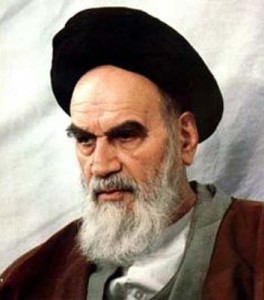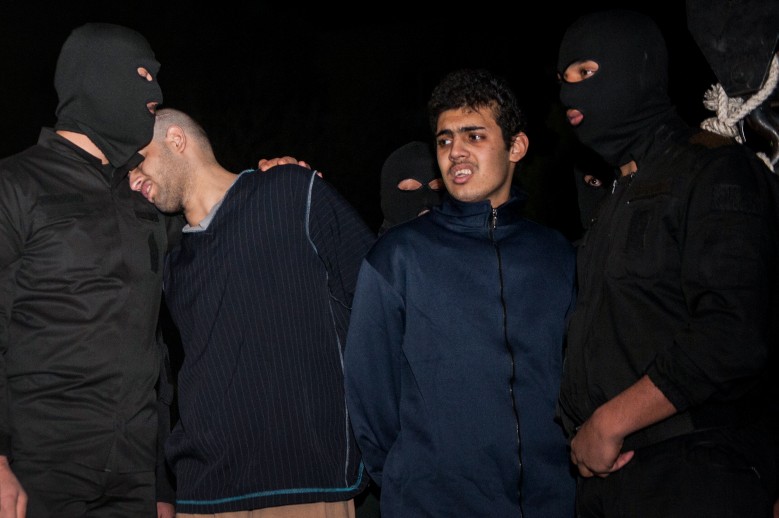February 21-2014

. . . still alive
Last Friday was the 25th anniversary of the fatva condemning author Salman Rushdie to death. Strangely for such a notable anniversary, the day passed in Iran with barely a mention of Rushdie and the drive to murder him for writing “The Satanic Verses.”
The unusual near-silence in Tehran suggested the new government has consciously pushed for the anniversary to go unmentioned in order to avoid reminding the West of the Islamic Republic’s public campaign to see Rushdie killed—a campaign that has painted the Islamic Republic as uncivilized in the eyes of many in the West.
Most years, the anniversary draws front-page stories in many conservative newspapers and comments from many public figures, especially Hassan Sanei, the head of the 15th of Khordad Foundation, which has offered a bounty to anyone who kills Rushdie.
But this year, Sanei and the media were strangely mum.

. . . issued fatva
In 2012, Sanei boosted the bounty by $500,000 to $3.3 million. He has raised the bounty every few years.
Sanei argued that year that the West would never have launched what he called its anti-Islamic campaign if Rushdie had been eliminated after Ayatollah Khomeini issued his death fatva on Valentine’s Day in 1989.
“Surely, if the sentence of the Imam [Khomeini] had been carried out, the later insults in the form of caricatures [of the Prophet], articles and the making of movies would not have occurred,” he said in 2012. “I am adding another $500,000 to the reward for killing Rushdie and anyone who carries out this sentence will receive the whole amount immediately.”
But this year, Sanei said not a word.
The Iran Times noted only three references to the anniversary and fatva this year.
In Tehran, Friday prayers leader Hojatoleslam Kazem Sediqi briefly mentioned the fatva and called it a “golden page” in the accomplishments of Khomeini.
In Sabzevar, the Friday prayers leader, Ayatollah Gholam-Hossain Ebrahimi, cited the death fatva as still valid today.
And, in an interview with the daily Mashreq, Ayatollah Ahmad Khatami, one of Tehran’s Friday prayer leaders, said the fatva remains “as fresh as ever.” He also said the death sentence can never be rescinded, even if Rushdie should repent, and encouraged good Muslims to kill Rushdie.
Not of the statements got prominent coverage in the media.
Rushdie was under 24-hour-a-day guard for four years after the fatva was issued. But he has been making public appearances since 1993.
The death fatva extended to anyone linked to the book. The Turkish and Japanese translators and the Norwegian and Italian publishers were also attacked. The Japanese translator was killed.
The book was published in 1988 and drew some angry criticism from Muslims, but not a great deal. Almost a year after publication, an anti-Rushdie demonstration in Pakistan turned violent and drew global attention. It was only after that event that Khomeini issued his death fatva.
The fatva prompted many European nations to break relations with Iran. The official position of the Iranian government that was enunciated within days and has been repeated many times since is that the fatva is a religious decree and not a government position and that the government of Iran will do nothing to enforce it.























